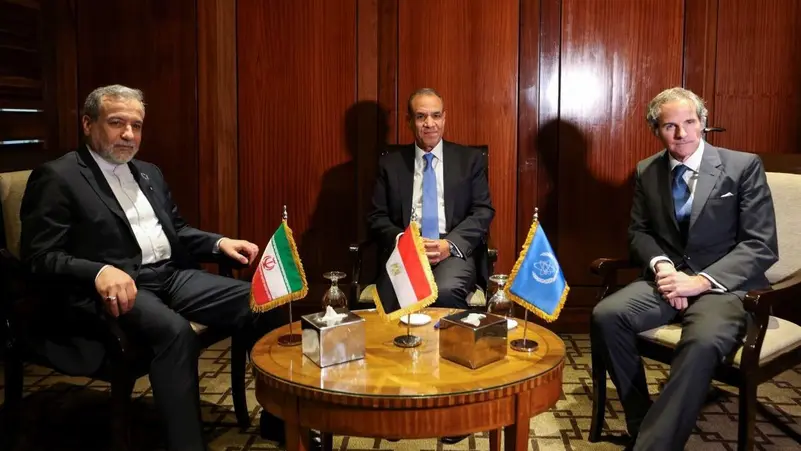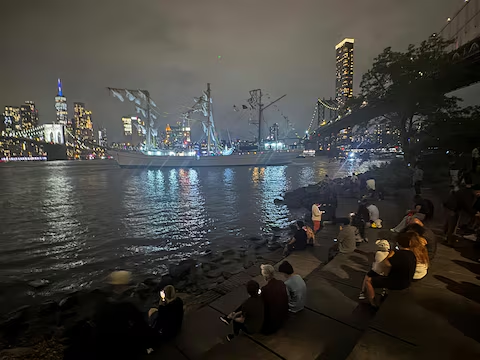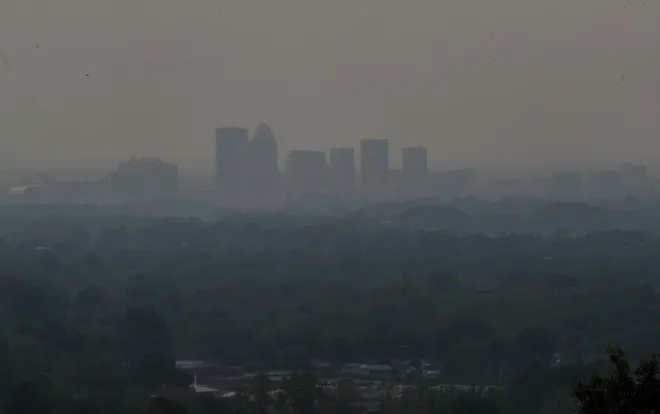Iran’s acting Foreign Minister Ali Bagheri Kani is scheduled to meet with International Atomic Energy Agency (IAEA) Director General Rafael Grossi in Cairo, according to a June 2 report by Al Arabiya. The meeting is expected to address growing international concerns over Tehran’s nuclear program and strained cooperation with the UN watchdog agency.
The diplomatic encounter comes as the IAEA prepares to hold a Board of Governors meeting next week, where Iran’s nuclear file is likely to dominate discussions. Western powers, particularly the United States and European nations, have expressed alarm over Iran’s continued enrichment of uranium beyond the levels permitted under the defunct 2015 nuclear deal.
Grossi confirmed the planned meeting while visiting Egypt, noting that dialogue with Iranian officials remains essential to clarify unresolved issues related to nuclear inspections and transparency. “We must continue engagement, especially at this critical time,” he said.
Iranian state media said the purpose of the meeting is to “advance technical cooperation” and ensure “balanced relations” with the IAEA. Bagheri Kani, who assumed the role of acting foreign minister following the death of Hossein Amir-Abdollahian in a helicopter crash in May, has taken on a central role in Iran’s diplomatic outreach during this period of heightened regional and international scrutiny.
Tensions have escalated in recent months as Iran has restricted access for IAEA inspectors and failed to provide satisfactory explanations for traces of uranium found at undeclared sites. The IAEA’s latest report revealed that Iran now possesses enough highly enriched uranium for multiple nuclear weapons, should it choose to pursue them—a charge Tehran has consistently denied.
Western diplomats are considering a resolution at the upcoming Board of Governors meeting to censure Iran and potentially refer the issue back to the UN Security Council. The prospect of renewed sanctions or diplomatic isolation has added urgency to efforts at de-escalation.
Bagheri Kani’s decision to meet Grossi in Cairo, a neutral location, signals Tehran’s willingness to engage with international institutions even as it resists broader Western pressure. Analysts view the meeting as an opportunity to reduce tensions ahead of a potentially confrontational session at the IAEA headquarters in Vienna.
Meanwhile, Israel and Gulf Arab states continue to raise concerns over Iran’s nuclear ambitions and have urged stronger international action. Israeli officials have hinted at the possibility of unilateral military measures if diplomatic efforts fail to halt Iran’s nuclear advances.
The United States has said it remains committed to a diplomatic solution but warned that time is running out. “Iran must take concrete steps toward transparency and full cooperation,” a U.S. State Department spokesperson said in response to the news of the upcoming Cairo meeting.
Grossi’s meeting with Bagheri Kani is expected to focus on reestablishing access for inspectors, clarifying outstanding questions about nuclear material, and discussing mechanisms for verification and oversight.
As geopolitical tensions continue to rise in the Middle East, the Cairo dialogue may represent one of the few remaining diplomatic channels to defuse a looming crisis over Iran’s nuclear program. Whether it yields substantive progress remains to be seen.
Source; Al Arabiya English



